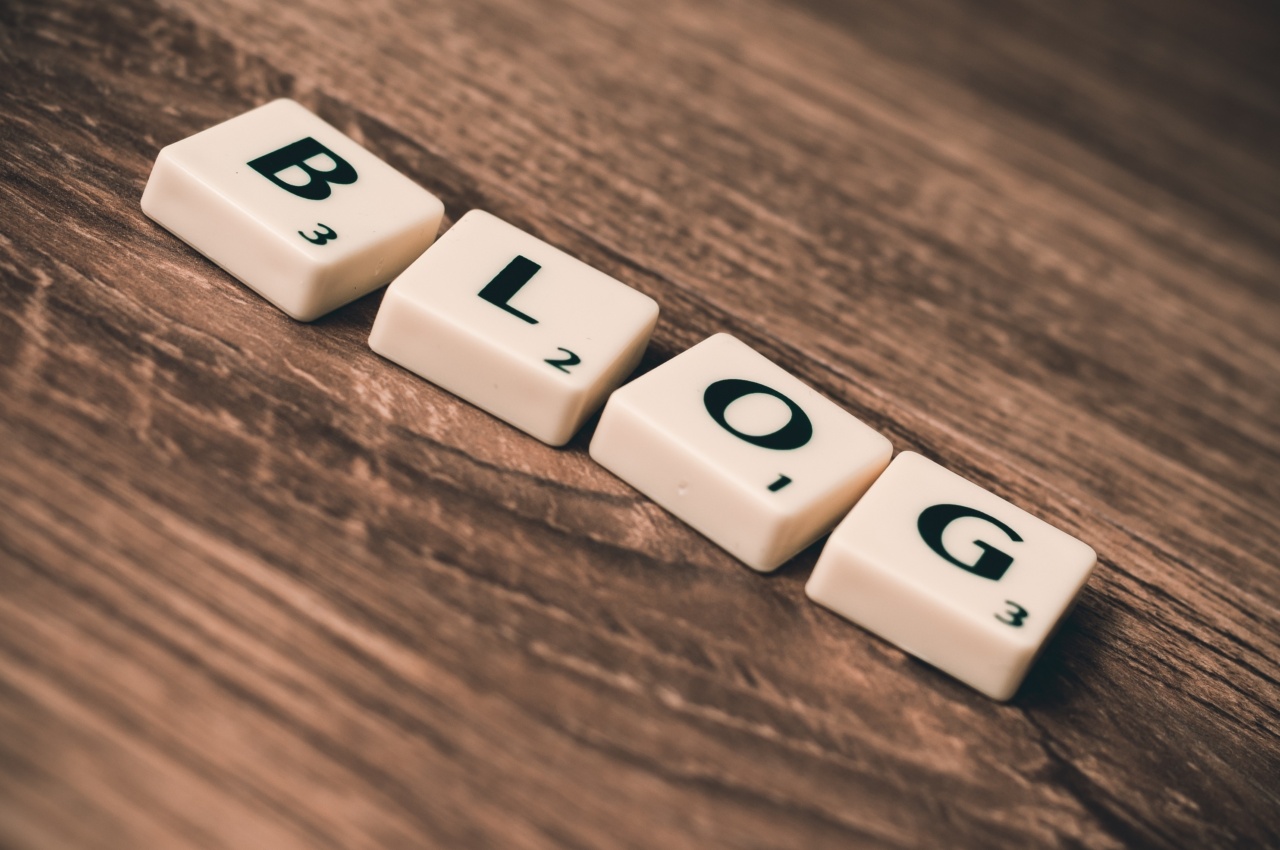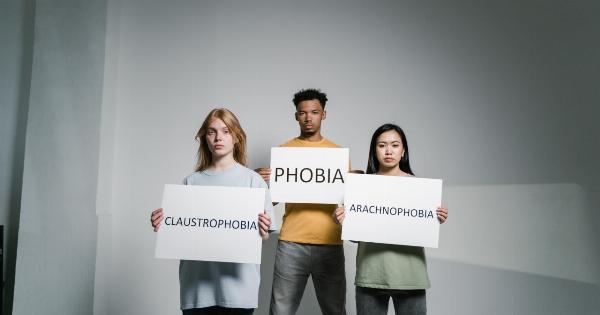Social media addiction sounds like a buzzword term, but it is a real problem for many people around the world. Research shows that about three billion people, representing almost 40% of the world’s population, are active on social media.
While social media offers many benefits like communication, networking, entertainment, and information, it also has negative effects that lead to addiction.
The science behind social media addiction is not very different from the science behind addiction to drugs or alcohol.
Social media addiction occurs when an individual is unable to control their use of social media despite the negative consequences it brings to their personal and professional lives. This article explores the science behind social media addiction, the signs and symptoms, and how to overcome it.
The Brain’s Reward System
The brain’s reward system is made up of different pathways that respond to rewarding stimuli like food, sex, and drugs.
Social media activities also stimulate these pathways, causing the release of the neurotransmitter dopamine, also known as the “feel-good” hormone. The release of dopamine reinforces the individual’s behavior and encourages them to engage in the same activity again.
When you take a quick scroll through social media and find something exciting, your brain releases dopamine. This feeling of reward and pleasure is what keeps people hooked to social media platforms.
The more likes, comments, shares, and followers you get, the more dopamine is released, creating an addictive cycle that’s hard to break.
The Fear of Missing Out (FOMO)
Another significant factor that contributes to social media addiction is the fear of missing out (FOMO).
When people are on social media and see what their friends and acquaintances are doing, they feel a strong sense of curiosity and desire to be part of the action. They don’t want to miss out on fun events, parties, or new things that are happening, leading them to stay on their phones for longer than intended.
The tendency to compare oneself to others is also a driving force behind social media addiction.
Social media users are often bombarded with images and posts showcasing perfect bodies, lavish lifestyles, and other things that make them feel inadequate in comparison. This feeling of inferiority drives people to keep checking their social media accounts, hoping to catch up with their peers.
Social Validation
Humans are social beings and love the feeling of being accepted and validated by others. Social media platforms provide an excellent platform for people to present themselves to the world and receive validation through likes, comments, and shares.
Social validation stimulates the release of dopamine, creating a feeling of pleasure and happiness.
However, social validation can become addictive when people start seeking it excessively, even at the expense of their psychological or physical well-being.
They may obsess over the number of likes or followers they have, the number of views on their posts, and other metrics. This creates a cycle of addiction, where social media users keep posting and refreshing their feed, hoping to gain more validation from others.
Signs and Symptoms of Social Media Addiction
Social media addiction is a growing problem, and people of all ages are susceptible to it. However, there are specific signs and symptoms that indicate someone may be addicted to social media. Some of these signs include:.
- Spending excessive amounts of time on social media
- Feeling restless or irritable when unable to access social media
- Neglecting other aspects of life to be on social media
- Using social media to escape stress, anxiety, or other negative emotions
- Checking social media first thing in the morning and last thing at night
- Feeling a compulsion to share every aspect of their life on social media
- Experiencing withdrawal symptoms when attempting to reduce social media use
How to Overcome Social Media Addiction
Overcoming social media addiction is not easy, but it is possible with self-discipline, determination, and support. Here are some practical tips to help you overcome social media addiction.
- Set goals: Determine how much time you can realistically spend on social media each day and stick to it. Setting goals helps you stay focused and disciplined.
- Take breaks: Schedule regular breaks from social media, such as taking a day off every week or disconnecting during vacations. This helps you refresh your mind and avoid burnout.
- Unfollow or unfriend: Unfollow or unfriend people or accounts that make you feel anxious, overwhelmed, or inferior. This reduces the temptation to check social media constantly.
- Disable notifications: Turn off notifications and alerts from social media platforms to reduce the urge to check your phone all the time.
- Engage in other activities: Find other activities that make you feel happy, fulfilled, and relaxed, such as reading, painting, exercising, or meditating. These activities reduce the need to seek pleasure and validation from social media.
- Seek professional help: If you find it hard to overcome social media addiction on your own, consider seeking professional help from therapists or addiction specialists.
The Bottom Line
Social media addiction is a growing problem that affects millions of people worldwide. It is driven by the brain’s reward system, fear of missing out, and social validation.
Social media addiction can lead to negative consequences like impaired social skills, increased anxiety, and depression. However, this addiction can be overcome through self-discipline, determination, and support from loved ones.




























